This magic kills fascists! Meet The Witches of World War II
Writer Paul Cornell reveals how his new graphic novel blurs the boundaries between historical fact and fiction
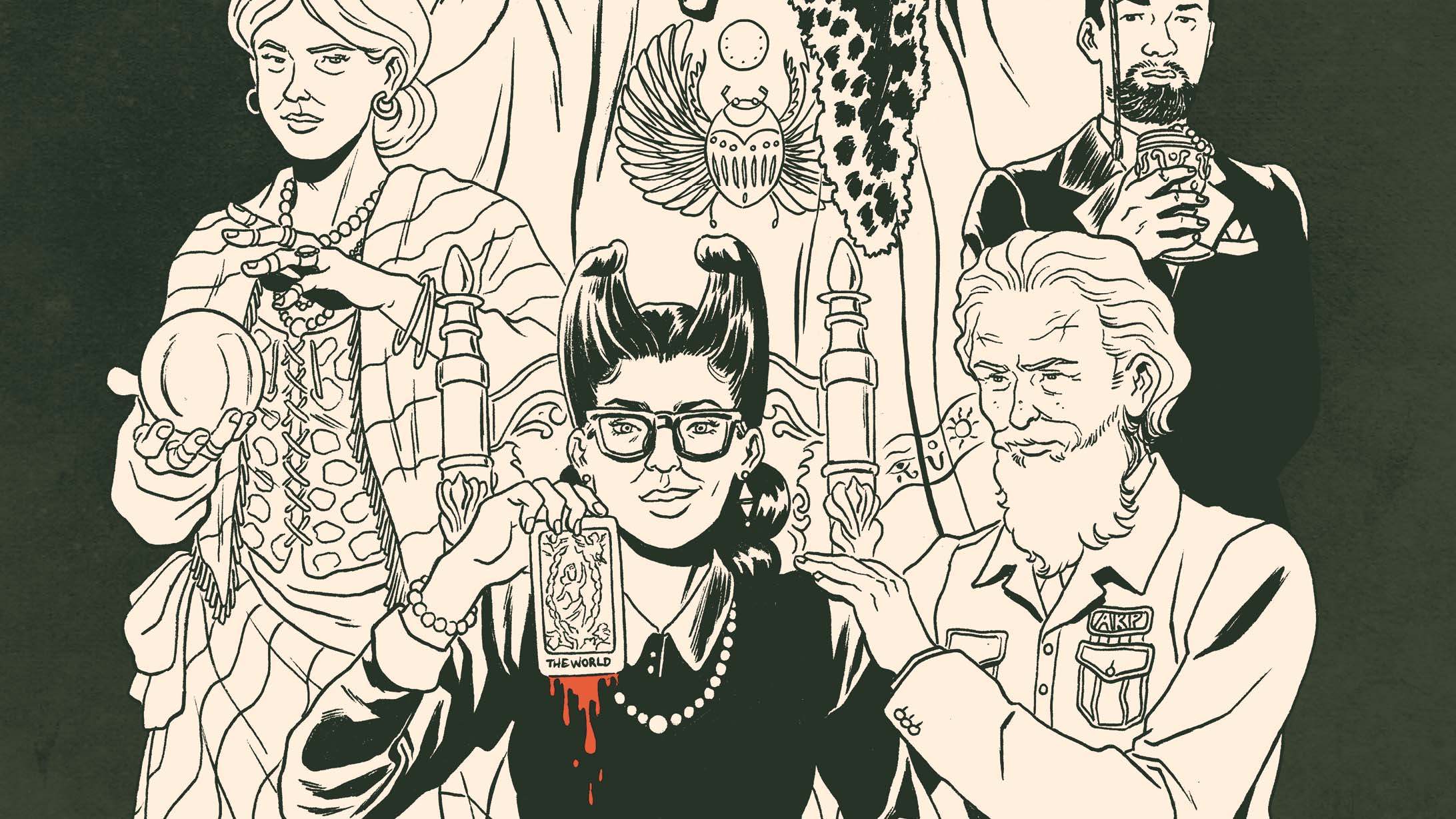
What is magic? A genuine supernatural force that people can manipulate to achieve their goals, or 'merely' weaponized human psychology? Could it be, in fact, be both
These are some of the questions explored in The Witches of World War II, a new graphic novel from TKO Studios. Written by Paul Cornell and drawn by Valeria Burzo, with colors by Jordie Bellaire, the historical thriller mixes fact and fiction to thrilling effect.
Beginning in 1941, the book follows the lives of five occultists who are gathered in secret by the British government to come up with a plan that may help turn the tide of the war. Together, they must use all of their skills to lure Hitler's second-in-command, Rudolf Hess, into a trap.
Mixing the supernatural with the Second World War is a well-worn comics trope, of course, but one of the things that sets Witches apart is its purposefully ambivalent attitude to the occult. The five core characters all have very different and often contradictory attitudes to what exactly magic is, and the book playfully explores that without ever settling on a definitive answer. It's a heady and highly entertaining read.
We spoke to Paul Cornell to find out about the real life characters that make up his imagined coven, the ongoing relationship between comic books and the occult, and to find out exactly how much of this story is true...
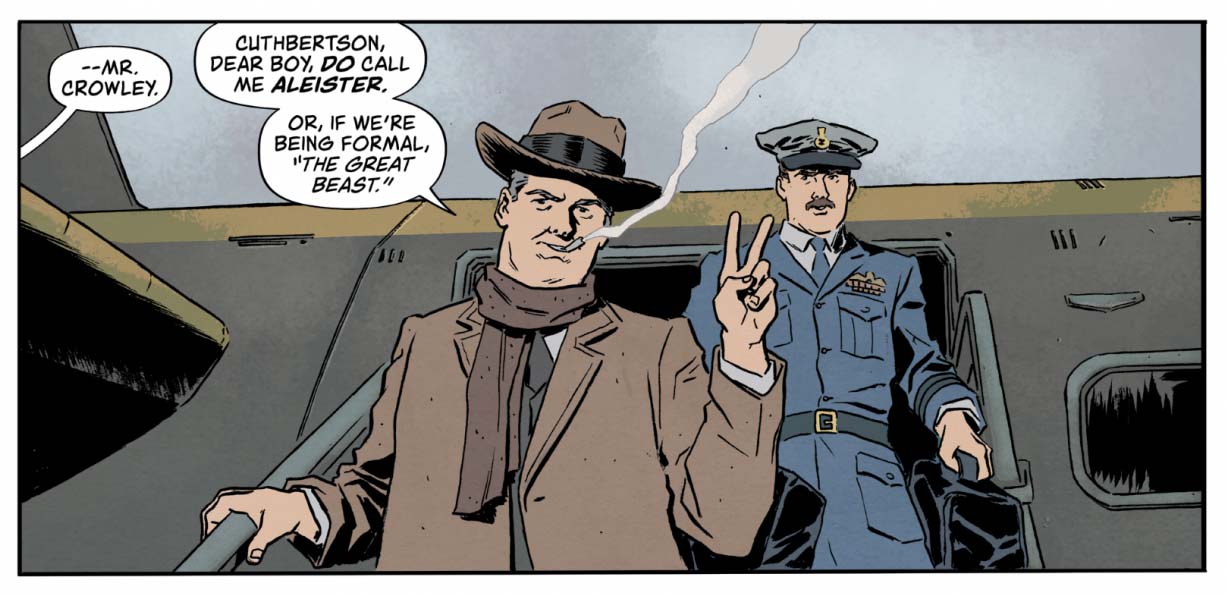
Let's start with the characters - who are all based on real people. The book follows these five fascinating, but very different, figures. Could you tell us a little bit about each of them?
Doreen Dominy/Doreen Valiente: She'd always had magic in her life, but she makes a great journey from skepticism to finding a form of magic she can believe in, when she concludes that #ThisMagicKillsFascists.
Get the best comic news, insights, opinions, analysis and more!
Aleister Crowley: A man who had in real life, I think, such a huge knowledge of human psychology that it verged on real magic, also the bravery to be utterly reviled. My version is witty, deep, his every phrase working on many levels, and dangerous.
Rollo Ahmed: A con man who decided to be whatever ethnicity people wanted him to be. He also did kind works as an exorcist, and wrote a very early book about the Black experience in Britain.
Gerald Gardner: The discoverer of Wica (as it was spelled then), a lovely man who publicized the tradition of British magic and allowed others to create this wonderfully adaptable system of belief and, indeed, non-belief. The best of sages, who knew he knew nothing.
Dion Fortune: My version is very combative, very determined. Hers was a career spent building the traditions, hacking out her own path as possibly the most important voice in British magic. She worked tirelessly in wartime in practical ways.
What was your starting point for the story?
In my reading about occult history, I started to realise that these people were all working in the same field at this time of huge trauma, and could (though, in real life generally didn't) meet.
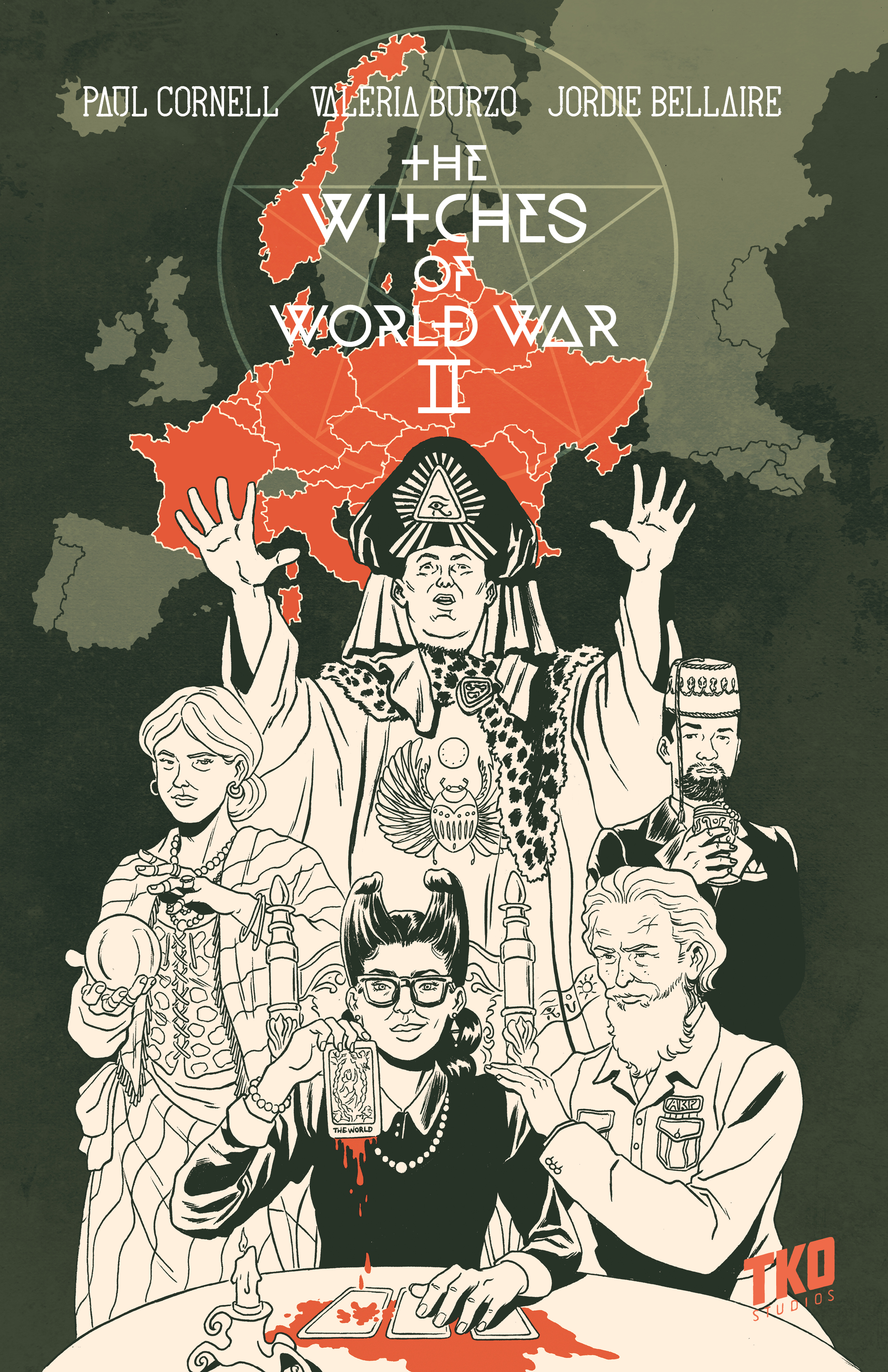
The book blends historical fact with imagined fiction very deftly. How much free rein did you give yourself to play with established history?
The details of the characters are almost completely real (I play around with Crowley's life story, but he did that so much himself it's almost more faithful to do so). Until recently, it was thought Doreen Dominy (as she was known then) did work at Bletchley Park, and it's still thought she was something in intelligence at that time. Crowley may genuinely have been part of getting Hess to fly to Britain. The rest of the adventure is historical fiction, and I include a couple of essays in the book (by myself and Prof. Ronald Hutton) about where the line between truth and fiction is.
At times it feels a little like you've assembled a superhero team of occultists! Were you thinking of the book in those comic book terms?
Sort of. Because I wanted to keep the reality or otherwise of magic as a side issue, I think that might create the wrong expectations. If you like historical fiction and spy fiction, you might want to try this.
Why did you choose Doreen as your protagonist? What made her the right one of these five very interesting people to hang the story around?
She had the biggest journey to go on, and had experienced this huge recent trauma of losing her husband. She was the one who wasn't always a believer, and the others were already icons.
Where do you stand on Crowley, in real life? Who was he, to you?
A great writer, with startling insight into human behavior. Reading his work remains an experience akin to consciousness alteration. Also a shameless self-mythlogizer, a con man who had no need to be, and genuinely abusive at the same time as being pantomime 'evil' and boundary-pushingly radical. The great punk. And yet I think if he were alive I wouldn't want him at my dinner table.
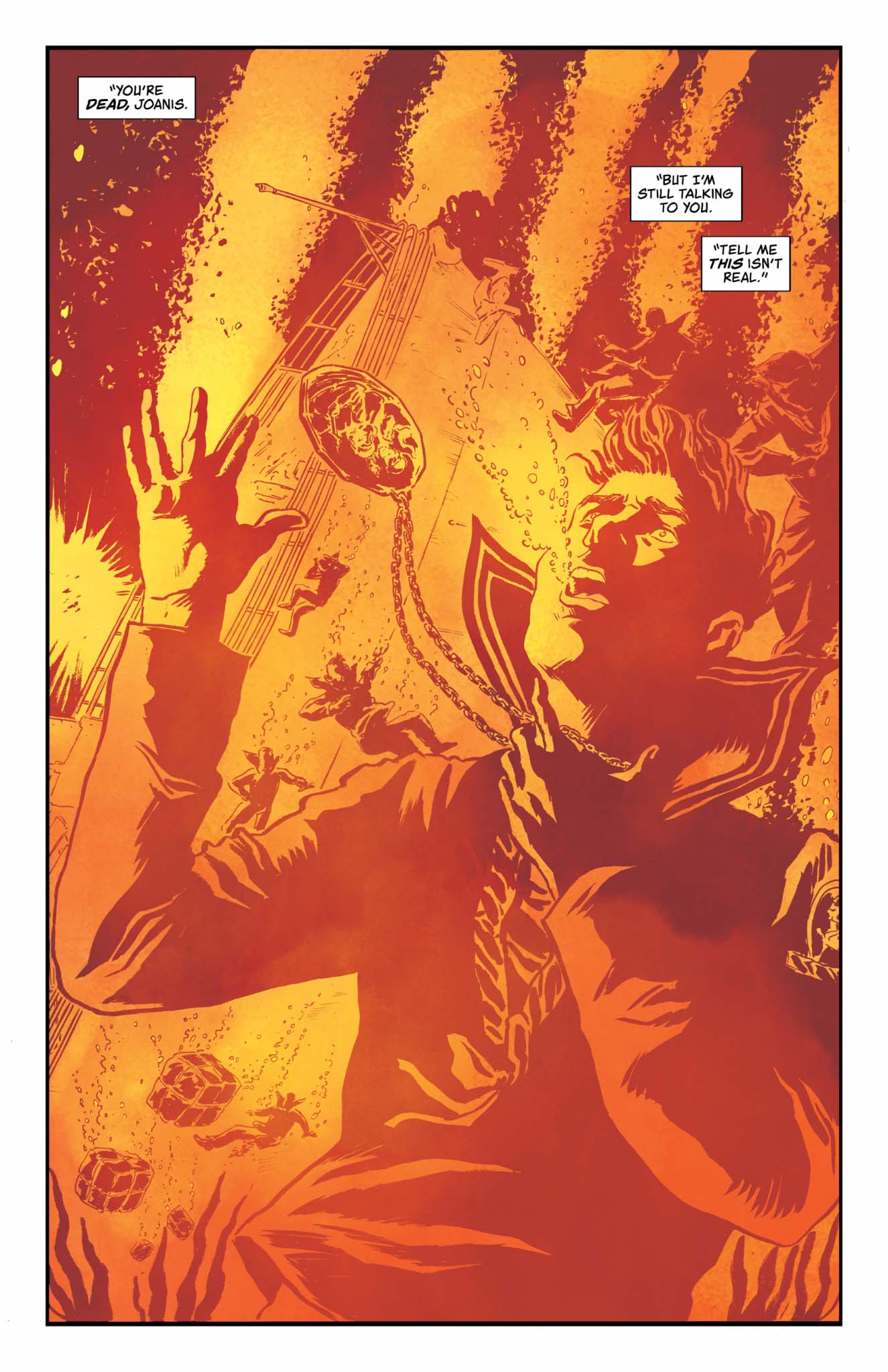
The book also touches on the casual - and widely prevalent - prejudices of the era. For all the adventure in the story, it's clearly a work with a serious intent. What did you want to highlight there?
Ahmed gets to be one of our team who gets safe passage through Nazi Germany to see Hess, and I wanted to show the detail of Nazi tyranny, where their belief system was going, and their genuine delight in the suffering of others. Fascism keeps on coming back, and whenever it appears it has to be confronted and destroyed.
This isn't the first time you've written about magic and Forteana in your comics work - I'm thinking especially of Saucer Country and This Damned Band. What keeps drawing you back to this territory?
Well, I always have practiced, a little, in both Wiccan and Christian traditions. I take the matter of magic seriously, and it has a poetry to it, a narrative, that makes fiction its natural bedfellow.
There's a well-recorded lineage of comics creators who are also involved in occultism, from Kirby and Ditko to Morrison and Moore. Why do you think that is?
There's a big link between symbolic magic, the way symbols and signs work on our minds, and the symbols that convey visual story. It goes past in movies, but on the comics page or the floor of your office, it remains.
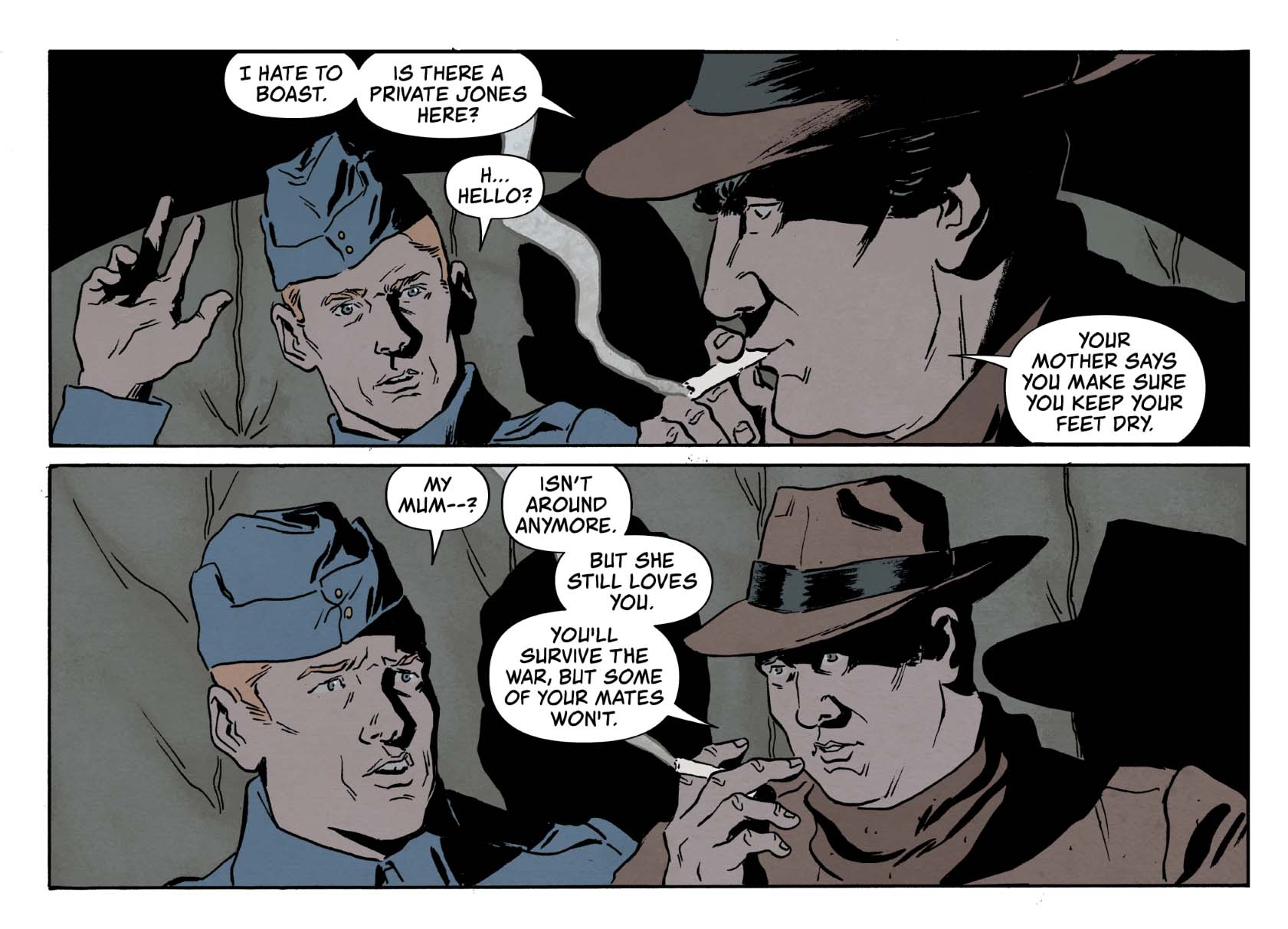
What can you tell us about working with Valeria Burzo? What do you love about her art for the book?
She loves the look of the 1940s, and she brings a life to the likenesses that I really enjoy. Her Doreen is so full of life.
And how about Jordie Bellaire's colours?
Just one of the best color artists to ever work in the field. Her choices created a whole other level of storytelling.
Finally, what are you reading comics-wise at the moment? And what's next from you?
I'm loving Star Trek at IDW, the X-Men, and just about everything Vault and Ahoy are doing. Oh, and the new Doom Patrol!
I have two books coming out from Ahoy: Con and On, which is a satirical take on 30 years of a major comics convention with a sprawling cast full of industry anecdotes, and Project: Cryptid, an anthology I'm doing a couple of stories for. There's also a not-yet-announced project from another publisher that I'm very excited about.
The Witches of World War II is published by TKO Studios. If you're in the USA you can buy it here. If you're in the UK you can use PreviewsWorld Pullbox to order from your local comic shop here.
Steve Rogers also often fought fascism in his early adventures. Why not take a look at our picks for the best Captain America comics of all time.
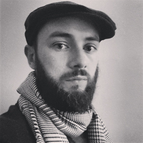
Will Salmon is the Streaming Editor for GamesRadar+. He has been writing about film, TV, comics, and music for more than 15 years, which is quite a long time if you stop and think about it. At Future he launched the scary movie magazine Horrorville, relaunched Comic Heroes, and has written for every issue of SFX magazine for well over a decade. His music writing has appeared in The Quietus, MOJO, Electronic Sound, Clash, and loads of other places too.


